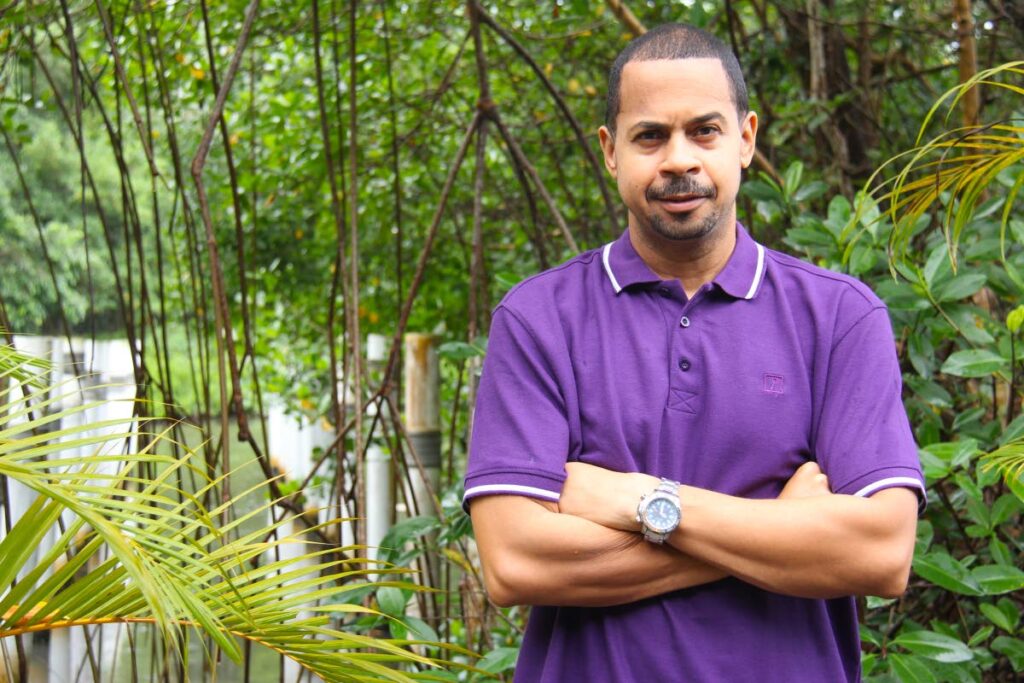Criminals large and in charge

PAOLO KERNAHAN
Trrinidad and Tobago is the sixth most dangerous...it's not an easy read.
The assertion is tough to digest – TT has the highest crime rate of the Caribbean islands and is the sixth most unsafe country in the world. We are ranked above Jamaica, Brazil, and El Salvador.
As the world slowly rebounds from the crippling pandemic, many tourism economies are making an encouraging recovery.
To read of TT on the website TravellersWorldwide.com positioned nearly at the top of the list of the most dangerous countries on the planet has to feel like a gut punch – at least for those not ensconced in denial.
Recently, a YouTube food blogger with a healthy online following visited this country. He posted countless videos of his titillating gourmand adventures on his channel.
But destination-seekers today do their research on potential vacation spots. An assessment of sweet TT like the one provided by Travellers Worldwide.com would be useful in the process of elimination for folks planning their next getaway.
Fitzgerald Hinds' reaction to the travel site's warning seemed quite out of character for him. The Minister of National Security described it as unfortunate. References to "UNC mischief" were curiously absent.
Hind's subtle allusion to the idea that "it happenin' all over" was more in line with what we've come to expect from him.
For his part, forever acting police commissioner Mc Donald Jacob didn't seem surprised by the report. He added that he hoped our ranking would be lowered by the end of the year and, for good measure, threw some shade at the process by which the assessment of TT's criminality was made.
Jacob has also revealed that gangs appear to be specialising in home invasions – a fact perhaps already appreciated by their victims. The acting CoP went on to say the TTPS has already "dismantled" several such groups.
He did not explain what that meant. There are new initiates into the gang culture every single day. Many of them are recruited by leadership who quickly refresh their ranks.
Not only have criminal activities surged post-covid, but home invasions and robberies, in general, seem to have intensified in their brutality. A family in El Dorado was terrorised by bandits. A young woman was assaulted with a hammer. In his Facebook posts, Kerry Rai, the head of the traumatised household, recounted his ordeal. In each description of the harrowing event, you could feel in your bones the powerlessness he felt to protect his wife and two daughters.
Rai's rightly visceral rant about the bloodlust of roving killers and burglars resonated deeply with many of us who have either survived similar violations or live in fear that our turn is next.
It's not enough that these hyenas want to strip us of all we work hard for. They're also determined to scar us mentally with vicious beatings and threats of death.
Bandits broke into the home of a Wallerfield livestock farmer, beat and tortured him, and then attempted to set him on fire. All because they were unhappy with the day's take. It wasn't their first attempt. He had fended them off several months before.
The home invaders returned with renewed vigour and can-do commitment. That farmer and his wife were lucky to escape with their lives. What was particularly chilling about the encounter is the perverse pleasure with which the intruders told him it was his wife they wanted to kill so they could watch him suffer.
The sadistic crime engulfing this country is likely the metastasis of a decades-long government-subsidised gang and criminal culture.
For years, governments funnelled billions into make-work schemes and community project waste-a-thons – an ethos of the state as provider. This has engendered a toxic dependency in which generations have come to rely solely on the interventions of the government to support their way of life.
It has been quite some time now that the state has tightened the valve on the free flow of cash for political fealty. The largesse just isn't there to buy the acquiescence of communities that have been rendered "fringe" by political manipulation.
Consequently, gang elements and communities cut adrift have to earn their wage by extracting it from you and me. The violent crime we're seeing is less a product of poverty and more a beast born of decades of political genetic tinkering.
It will likely get worse, as the police service, the organisation meant to protect the public, is subject to the same political machinations that created the sprawling menace that's now too omnipresent to contain.


Comments
"Criminals large and in charge"